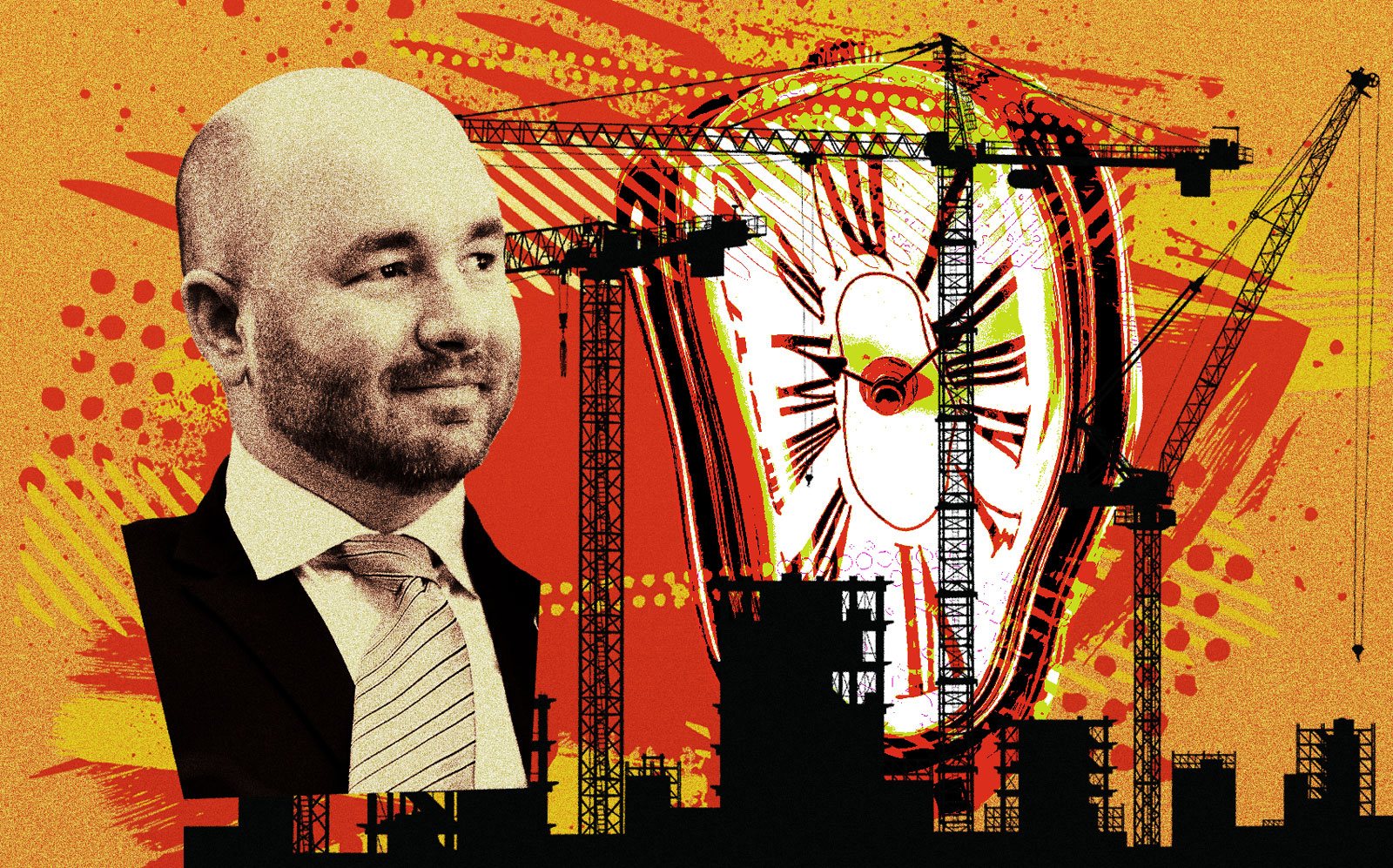In June, Texas took a drastic step to cut down on building permit delays.
As commercial developers reported monthslong waits for basic permits, the legislature approved House Bill 14. The legislation requires that local development authorities hand down decisions on permit applications and inspections within two weeks of their review deadlines. If they fail to do so, developers can take their applications to staff from another municipality or, more dramatically, any licensed engineer in the state.
Texas isn’t the first place to allow third-party reviewers to handle permit applications — Florida has similar provisions — but the law is nonetheless a major step toward speeding up the pipeline as the state looks to house a booming population. It has echoes of California’s builder’s remedy, which allows developers in certain situations to bypass local zoning regulations.
But so far, its impact has been muted. More than a month since the law took effect, cities are still figuring out how to implement it, and many developers don’t even know it exists.
On the day in June when Texas Gov. Greg Abbott signed the bill into law, his office issued four news releases, but none were about the building permit legislation.
Even among developers, many just don’t know about the new law. When one Dallas developer with a significant online following tweeted about the bill, many of the responses showed surprise.
Of those who are aware of the law, there’s a spirit of cautious optimism. The plan sounds promising, but cities across the country have vowed to fix permitting before, and bottlenecks persist.
In Dallas, where a building boom and bureaucratic dysfunction have made delays a common problem, the city is taking steps to speed up the process. Last year, the city received about 4,500 commercial development permits, either for new buildings, additions or renovations. The vast majority — some 4,179 — were for remodels, according to data on the city’s development portal. Initial reviews took, on average, 12 days, according to city data.
It also recently opened a commercial permit hotline for developers dealing with delays. The city promises to respond to each request within 24 hours or a business day. “We are confident this additional customer service point will help facilitate faster permit issuance and strengthen our relationships with our customers,” the city wrote in its announcement.
But many developers have had a different experience.
“We’re still getting complaints from commercial developers about how long it takes to get a permit,” said Linda McMahon, president and CEO of the Real Estate Council, known as TREC. “Honestly, it’s the biggest barrier we have to economic development, because a lot of developers won’t even do anything in the city of Dallas.”
One issue is that permit reviews involve parts of government outside of development services. Even if development services speeds along its reviews, the water department may slow the process, for example. With so many cooks in the kitchen, it can be hard to get a dish out on time.
Even Houston, a city known for its lax zoning regulations, came down strongly against the bill. In its annual legislative analysis, the city’s government relations team panned it as an attempt to strip local control over the building review process.
“This bill will have a significant impact on the Planning Department’s process for reviewing land development applications,” the analysts wrote. It also pointed out that the bill doesn’t detail how it will hold third-party reviewers accountable for their decisions.
In Austin, the building code gives reviewers four months to complete permit reviews. Still, the average project spends an additional 3.5 months in review before receiving its site plan approvals, according to a study from the University of Texas at Austin.
Read more



Mayor Kirk Watson ran on updating the city’s development review process, which he has called “wildly inefficient.” There are 1,470 steps in the process, according to a study the city commissioned from consulting firm McKinsey & Company. It would take 20 full-time employees a week to complete a formal review cycle, and the average application goes through five cycles.
The city recently approved a suite of zoning reforms, meant to spur development, and said it is working to update its permit documents in line with HB 14 by Jan. 1.
